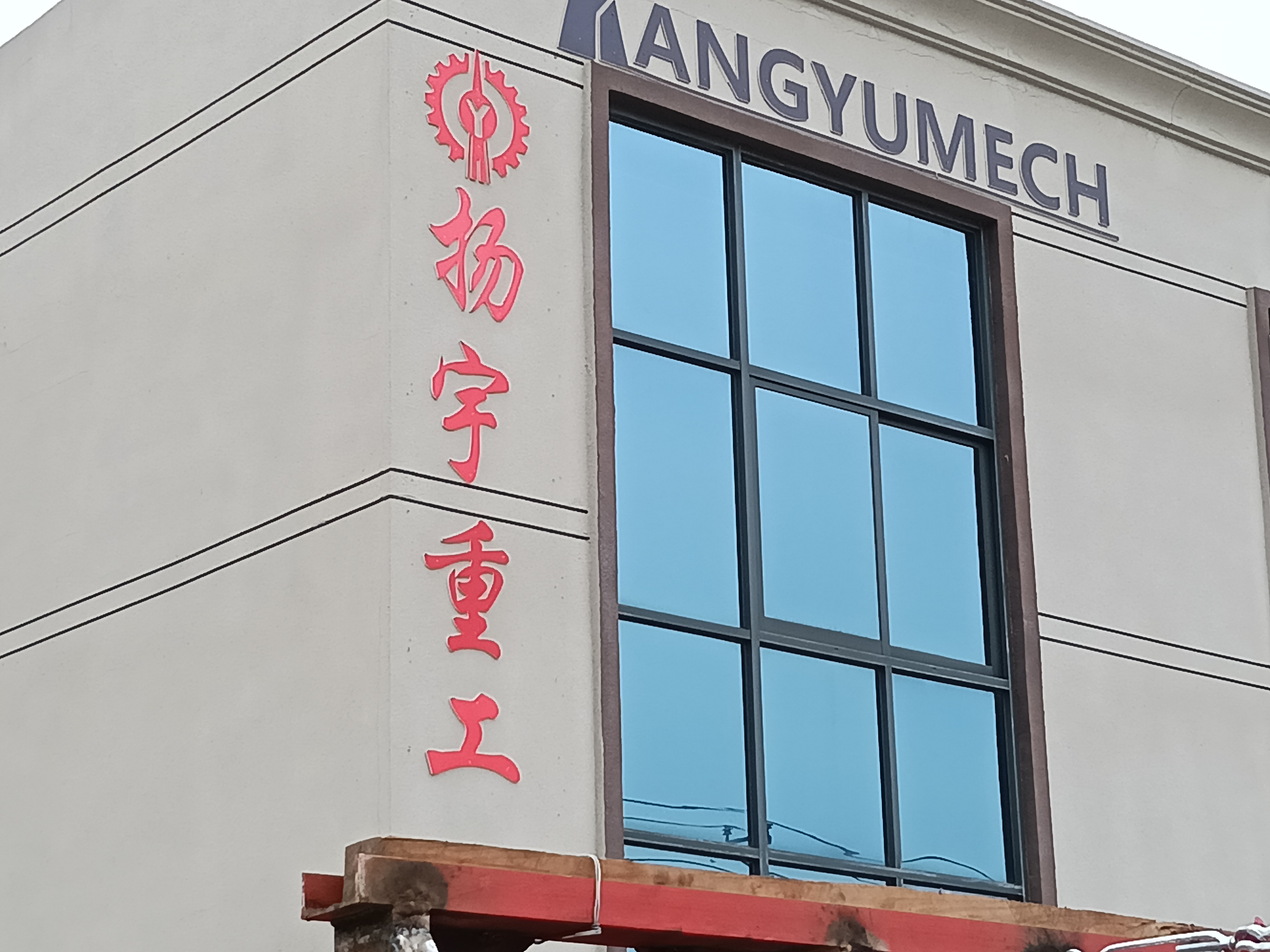Purchasing industrial cranes from an international supplier like Yangyu is a significant investment that requires careful planning and due diligence. While specific information about “Yangyu” brand cranes is limited in public sources, the general process for sourcing heavy machinery from overseas manufacturers is well-established. This guide provides a comprehensive, step-by-step approach to ensure you acquire high-quality equipment that meets your operational needs and safety standards.

Before contacting any supplier, a clear understanding of your own requirements is crucial.
Define Your Lifting Needs: Determine the essential specifications for your project:
Capacity: Maximum weight the crane needs to lift (e.g., 5 tons, 30/5 tons, 50 tons).
Span and Lifting Height: Required hook height and the distance the crane must cover.
Application: Will it be used in a workshop, steel mill, port, or for other specific purposes (e.g., container handling, warehouse logistics)?
Operating Environment: Considerations for indoor/outdoor use, corrosion-prone areas, or extreme temperatures.
Type of Crane: Based on your needs, identify the most suitable type:
Overhead Bridge Cranes: Ideal for factory and workshop interiors.
Gantry Cranes: Suitable for outdoor yards, storage areas, and shipping terminals.
Jib Cranes: Perfect for localized, circular work areas within a workshop.
Specialized Cranes: Including explosion-proof, high-temperature, or electromagnetic models for specific industries.
Once your requirements are defined, begin assessing manufacturers.
Company Background Check: Investigate the supplier’s market reputation and history. A company’s official website can offer insights into its history, project experience, and client list. Longer-established companies often indicate more reliable and industry experience.
Review Technical Documentation: Request detailed product catalogs, technical specifications, and design drawings. This helps you evaluate the product’s design rationality and the technical strength of the manufacturer’s team.
Verify Certifications: Ensure the manufacturer holds relevant international quality认证 certificates (e.g., ISO, CE) and specific product compliance certificates. These are fundamental indicators of a commitment to quality and safety standards.
Seek Customer Reviews and References: Look for testimonials or case studies on the supplier’s website or from past clients. If possible, directly contact previous international customers to get honest feedback on equipment performance and after-sales service.
For large orders or long-term partnerships, a factory visit is highly recommended.
What to Look For During a Visit:
Production Facilities: Observe the factory’s production environment, equipment, and scale.
Manufacturing Processes: Pay attention to material quality, welding techniques (check for solidity, smoothness, and absence of defects like porosity or slag inclusion), assembly processes, and quality control measures at each stage.
Technical Team: Engage with engineers to assess their professionalism and expertise.
Testing Procedures: Inquire about and witness load testing protocols. Reputable manufacturers conduct no-load, static load, and dynamic load tests to ensure cranes meet specified specifications and safety standards before shipment.
Third-Party Inspection: For an additional layer of security, especially for large orders, hiring a neutral third-party inspection agency to verify product performance and quality before shipment is a prudent option. Many reputable factories support this.
Clear Quotation and Scope of Supply: Ensure the quotation is detailed, including pricing for equipment, optional accessories, packaging, transportation, insurance, and installation services if needed.
Comprehensive Contract: The contract should explicitly cover:
Technical Specifications: Detailed annex with all agreed-upon technical parameters.
Payment Terms: Secure and standard terms (e.g., T/T, L/C).
Delivery Time: Agreed schedule.
Warranty Period and After-sales Service Terms: Clearly defined scope and response times.
Documentation Provided: Ensure you receive all necessary documents upon delivery, including Product Certificate, Compliance Declaration, Quality Certificate, Operation and Maintenance Manuals, and Packing List.
Shipping and Customs Clearance: Plan logistics (often FOB or CIF), handle insurance, and prepare all necessary documents for smooth customs clearance in your country.
Installation: Decide whether to use the supplier’s technicians, local technicians, or self-installation based on the crane’s complexity and local regulations.
Thorough Acceptance Check:
Documentation Check: Verify all received documents.
Physical Inspection: Check for any visible damage, deformation, or cracks. Inspect the paintwork for leaks or obvious color differences. Examine welds on critical components.
Functional Tests: Perform tests on all functions—starting, stopping, traveling, lifting, rotating—and check the control, drive, hydraulic, and electrical systems for normal operation.
After-sales Service: Confirm the supplier’s policy on remote troubleshooting, supply of spare parts, and technician dispatches. Reliable after-sales support is critical for minimizing downtime.
| Aspect | Key Questions & Points | Why It Matters |
|---|---|---|
| Supplier Reliability | Company history, past projects, client reviews & testimonials | Indicates stability, experience, and reputation in the market. |
| Technical Compliance | Relevant certifications (CE, ISO, etc.), design drawings, technical specs | Ensures the equipment meets international safety and quality standards. |
| Quality Assurance | Factory audit, manufacturing processes, material quality certificates, load testing (static/dynamic) | Directly impacts the safety, durability, and performance of the crane. |
| After-Sales Support | Warranty terms, spare parts availability, remote & on-site support options | Crucial for long-term operational efficiency and maintenance needs. |
| Total Cost of Ownership | Upfront cost, shipping, insurance, installation, maintenance, energy consumption | Helps in budgeting and reveals the true value beyond the initial price. |
Buying a crane from an international manufacturer like Yangyu involves meticulous planning, from defining needs to final acceptance. While competitive pricing is important, prioritizing verified supplier reputation, uncompromising quality control, and robust after-sales support is essential for a valuable investment.
By following this structured approach—conducting thorough research, insisting on factory inspections or third-party audits, and negotiating clear contract terms—you can significantly reduce risks and secure reliable lifting equipment that will serve your operations efficiently and safely for years to come.